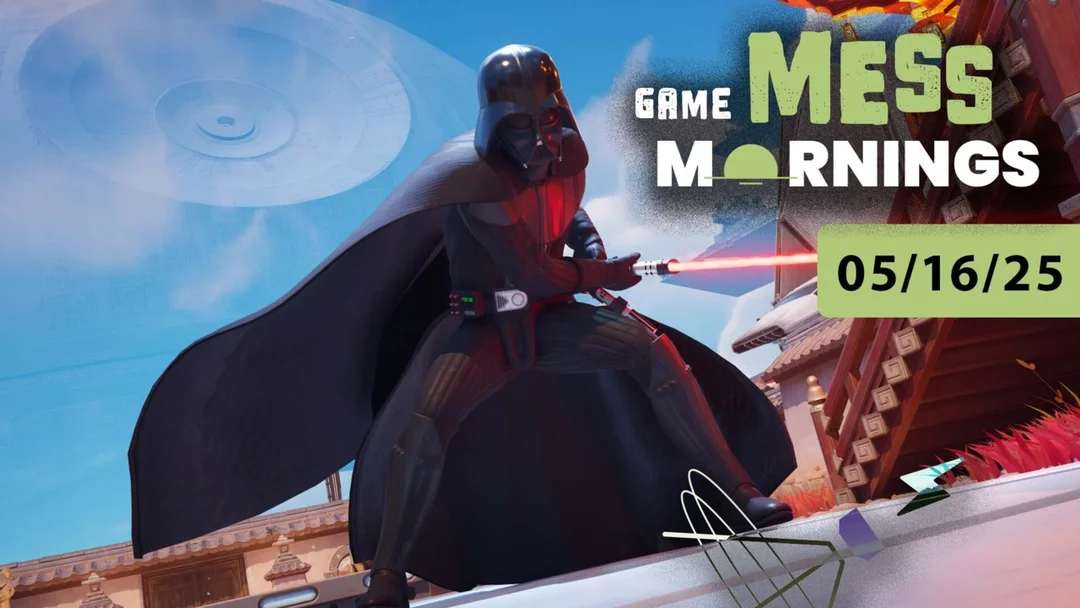
EA, Take-Two, and CDPR Fear AI Backlash from Gamers: A Growing Trend
The gaming industry is facing a new challenge: the rising concerns surrounding the use of Artificial Intelligence (AI). Major publishers like EA, Take-Two, and CDPR are expressing apprehension about integrating AI into their games, primarily due to legal and reputational risks.
Recent reports highlight that these companies are wary of using Generative AI (GenAI) for artwork, voice acting, or even game element creation. While AI initially appeared as a promising tool to streamline game development, its potential pitfalls are becoming increasingly apparent.
Take-Two emphasizes that AI use presents “social and ethical issues that may result in legal and reputational harm and liability.” Similarly, EA echoes this concern, stating that AI “may result in legal and reputational harm” causing players to “lose confidence in our business and brands.” CDPR, known for games like Cyberpunk 2077, has also voiced concerns regarding the lack of Intellectual Property Rights (IPR) protection for content on which GenAI relies, and potential infringement issues.

The legality of GenAI remains uncertain. Tech giants are training their models on vast amounts of copyrighted material, leading to lawsuits from various content producers. If AI assets are used in games and these practices are later deemed illegal, developers could face legal action and need to rework significant portions of their games.
Reputational harm is another significant worry. Gamers have shown a strong aversion to games that utilize GenAI, often labeling them as “slop” and even boycotting them. Associating a game with AI can alienate players, especially artists and writers who fear their jobs will be replaced. The integration of an AI Darth Vader voice in Fortnite recently sparked conversation and controversy, reminding people of the ongoing voice actor strike where the licensing of voices for AI use is a core issue.
While some see potential in using AI for technical development aspects, the application of GenAI for art and voice work has been largely rejected by gamers. This resistance echoes the fate of web3, NFTs, and the metaverse, all of which failed to gain traction due to gamer opposition. The gaming community is striving to maintain a barrier against AI's intrusion into their beloved video games.
The growing reluctance among game publishers to embrace AI highlights the evolving ethical and legal landscape. Will gamers succeed in keeping AI out of their games, or will developers find a responsible way to integrate it? What are your thoughts? Share your opinions in the comments below!